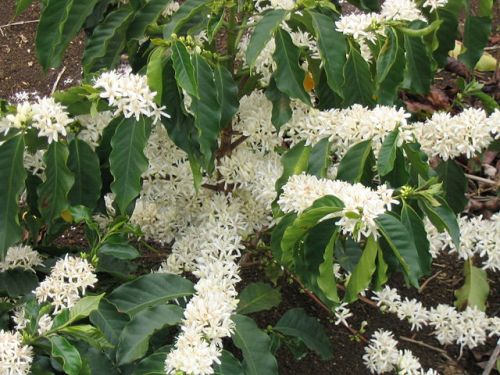Get Blunted
Pollan M. 2002. The Botany of Desire. Random House. Toronto, Canada. 113-179p.
I thumbed open Michael Pollan’s The Botany of Desire eager to begin this weeks reading. Flipping through the yellowed pages of my dogeared copy I briefly reminisced on the things I’d already learned about the apple and the potato. How mankind had come to find desirable features in plants and learned to exert influence over them. As the pages fell softly to either side I drew in the title of the chapter of the reading.
Desire: Intoxication
Ok, sure.
Plant: Marijuana
Oh no.
Of all the plants in the world there is one that I have heard decried and deified to such an extent that I’d rather never hear of it again. Cannabis sativa x indica is that plant. The denunciations of authority and the proselytizing of the enthusiast. The wild inaccuracies and obvious ignorance on both sides of the equation. I just never want to hear about it again, or smell it again, goodness. That being said Pollan has demonstrated the capacity to make topics that seem dry burst to life like Death Valley experiencing a super bloom. So I figured I’d give it the old college try. I took a deep breath and dove in.
The observation that Pollan had that I resonated most with was the idea of marijuana altered consciousness being a somewhat reducing effect. The idea of forgetting the already perceived. To re-experiencing the mundane as something fantastic (pg 162). It’s intriguing to be faced with the idea that science doesn’t know what causes an individual to experience the sensation of being “high”. That the closest that we can come to an understanding of that concept is in the realm of poets. Neuroscience is pushing towards that field of knowledge but it is by all means a fledgling field with much to discover. The effects of marijuana on brain chemistry and the way it affects consciousness is surely low on the list. As the field lengthens and deepens though it will be very exciting to see the scientific explanation for a phenomena widely experienced in our society.
I learned a lot about marijuana from this reading, and I still find myself full of contempt for the idea of speaking about it. The legalization topic which Pollan blessedly stayed away from is the primary source of my distaste. Many long nights of listening to friends speak on the pros and cons of legalization have completely drained me of the desire to see any change occur.
Mostly though, I really just don’t want to have to smell it.

